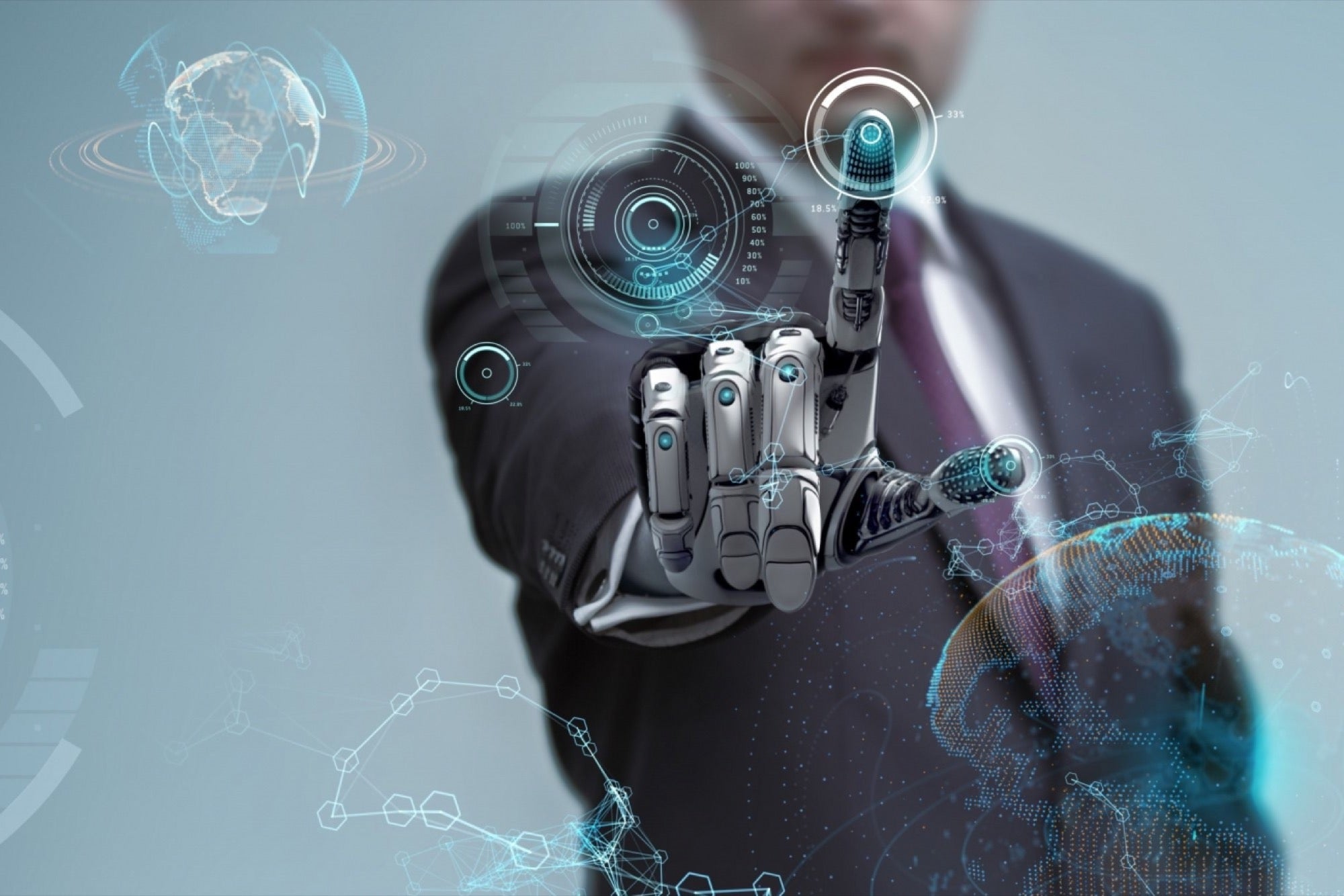Robots Aren't Taking Over The Job Market Just Yet Don't worry humans, your jobs are safe from the threat of robots...for now, at least
You're reading Entrepreneur Asia Pacific, an international franchise of Entrepreneur Media.

In today's technology-driven world, it's not uncommon to see news about the latest advancements in the field of robotics take centre stage. Robots have slowly become an increasingly important part of our lives, making them much easier by automating several tedious and mundane tasks.
More recently, we have all seen or heard news of robots being used for jobs previously only done by living things. From Jeff Bezos' pet robot dog to Lil Miquela, the world's first ever computer-generated fashion influencer, the presence of robots in our lives is ever increasing. In May 2018, popular Indian airline Vistara announced the arrival of "RADA', a unique robot that uses Artificial Intelligence (AI) technology to assist customers, address their queries and entertain them.
"Innovation is one of the core values ingrained in the DNA of Vistara's culture, which we have fostered within the organization in many ways. RADA is a manifestation of this endeavour. Vistara has disrupted the market through several innovations with the sole objective of redefining air travel in the country while making its processes more robust and resources more effective. With RADA, we aim to change the way people interact and fly with an airline. We will be developing "RADA' based on customer feedback and equipping it with the most effective features in the time to come. Our steadfast focus remains to be on delighting customers across all touchpoints, and we're confident that "RADA' will help us take the "new feeling' to the next level," said Chief Executive Officer Leslie Thng in an official press release.
Is It Really Time For Robots To Replace Humans In The Workplace?
RADA is just one of several instances involving robots being deployed at the workplace. Around the same time as Vistara was rolling out RADA, Boston-based restaurant Spyce created the world's first robot kitchen. "Our restaurant is really efficient because people focus on what people are good at, but the robot handles the high volume tasks — like the cooking and washing — that robots are good at," he said. "At the end of the day, our product is not a technology product — it's an experience and a delicious meal," said co-founder Michael Farid in an interview with The Washington Post dated May 17, 2018.
Spyce asserts that its aim isn't to drive human chefs out of the kitchen but to make their lives much easier, and a very recent conference on the subject organised by the Association of Higher Civil and Public Servants (AHCP) seems to concur. Delivering a talk entitled "Robots, risks and reality: the evolution of automation in the workforce' at the event, Dr Lisa Wilson of the Nevin Economic Research Institute said the "perceived unstoppable march of robots coming to take our jobs is overstated".
While she accepted that workplaces were evolving and many the requirements of several jobs would eventually be affected by the advances in robotics and artificial intelligence, she stressed that there would be no change in the vast majority of jobs that require human involvement. She also suggested that sensationalist newspaper headlines that claimed that humans were on the verge of being ousted from the workplace by robotic hordes were not entirely accurate.
Is Your Job Safe?
If you're concerned about being replaced by a robot, a study conducted by researchers at the University of Houston tried to find jobs that were relatively safe. Using a dataset of 346,660 people from the American Institutes of Research, the researchers analysed personality traits, vocational interests in adolescence, intelligence and socioeconomic status of a representative sample of Americans over 50 years. They found that certain personality types are prone to choose particular careers, and singled out the personality types and careers that faced the least danger from robots.
The researchers came to the conclusion that extroverted, mature, highly intelligent people who have been interested in arts and sciences since high school have the best chance of opting for a career that isn't under the threat of being overthrown by machines. "Robots can't perform as well as humans when it comes to complex social interactions," said Rodica Damian, assistant professor of social and personality psychology at the University of Houston and lead author of the study in a press release. "Humans also outperform machines when it comes to tasks that require creativity and a high degree of complexity that is not routine. As soon as you require flexibility, the human does better."











